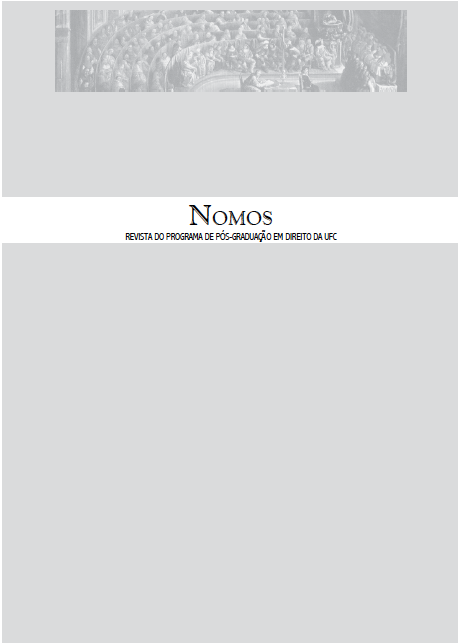ON THE JURISPRUDENCE OF WORKPLACE DISCRIMINATION
Resumen
Brazilian anti-discrimination law has further complicated litigation against racial discrimination. During the thirty years under the antidiscrimination law of 1989 (7.716/89), racial discrimination complaints have been overwhelmingly treated as injúria, an injury to the honor of the complaining party and not racism, and after 1997 as injuria qualificada, a personal injury to the race of the individual. Under Brazilian legal classifications, injúria is a lesser charge than racism with lesser penalties that must be prosecuted by the individual and not the state. The designation of an allegation as injúria effectively curbed or denied a plaintiff’s ability to contest discriminatory treatment in the 1990’s. The unevenness and unwillingness of the Brazilian judiciary to apply the anti-discrimination law has been clearly documented. The judiciary tends to decontextualize allegations by evaluating them without recognition of the repercussions and social contexts of the alleged behavior.
Descargas
Publicado
Número
Sección
Licencia
Autores que publicam nesta revista concordam com os seguintes termos:
- Autores mantêm os direitos autorais e concedem à Revista NOMOS o direito de primeira publicação, com o trabalho simultaneamente licenciado sob a Creative Commons Attribution License, que permite o compartilhamento do trabalho com reconhecimento da autoria do trabalho e publicação inicial nesta revista.
- Autores têm autorização para assumir contratos adicionais separadamente, para distribuição não-exclusiva da versão do trabalho publicada nesta revista (ex.: publicar em repositório institucional ou como capítulo de livro), com reconhecimento de autoria e publicação inicial nesta revista.
- Autores têm permissão e são estimulados a publicar e distribuir seu trabalho online (ex.: em repositórios institucionais ou na sua página pessoal) a qualquer ponto antes ou durante o processo editorial, já que isso pode gerar alterações produtivas, bem como aumentar o impacto e a citação do trabalho publicado.
- Autores são responsáveis pelo conteúdo constante no manuscrito publicado na revista.





